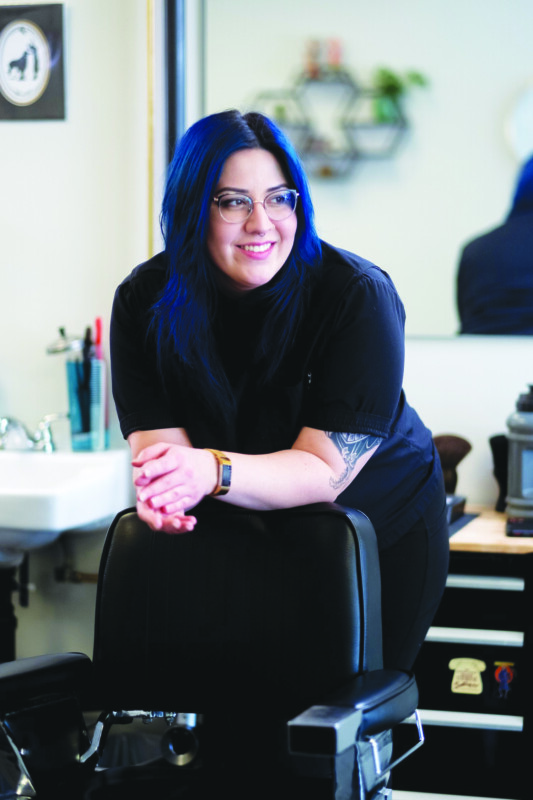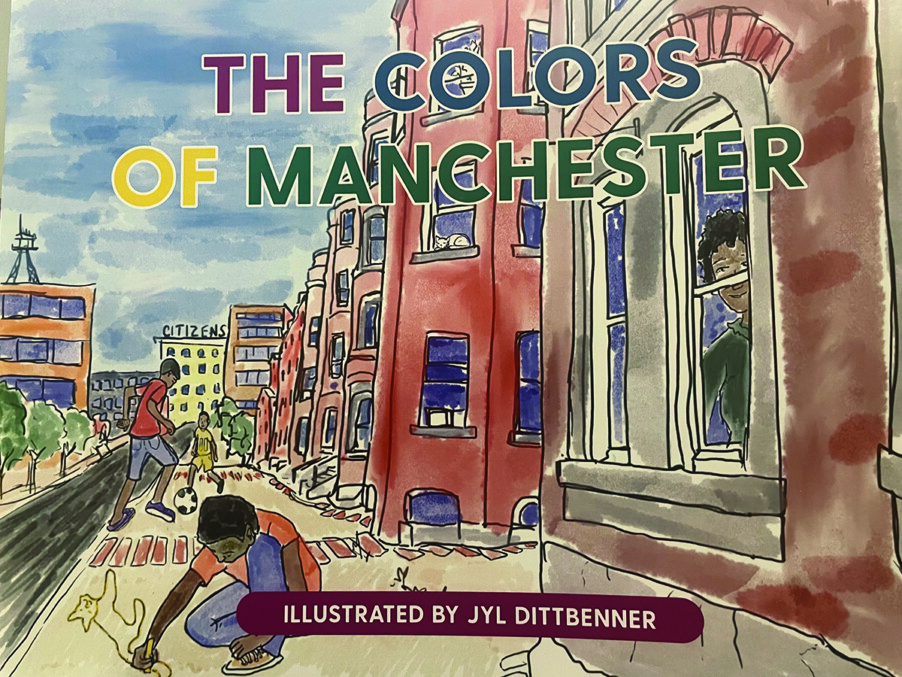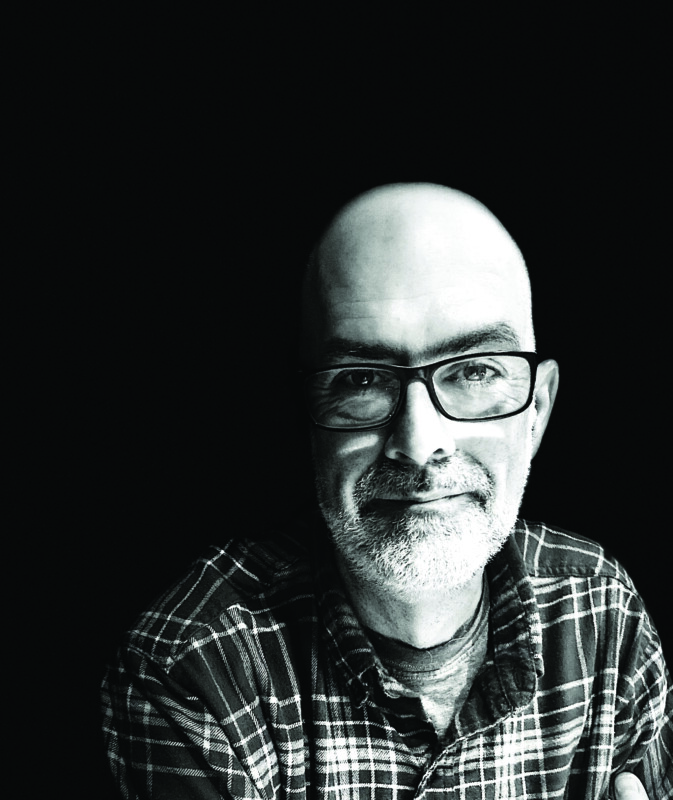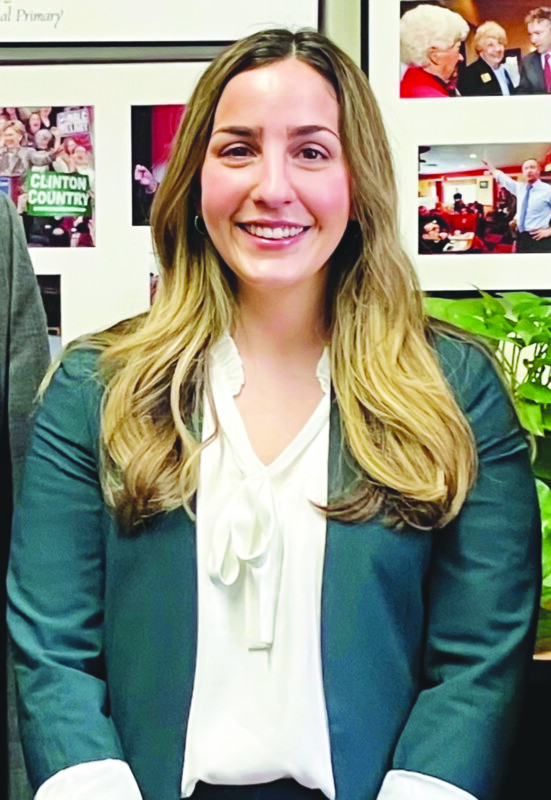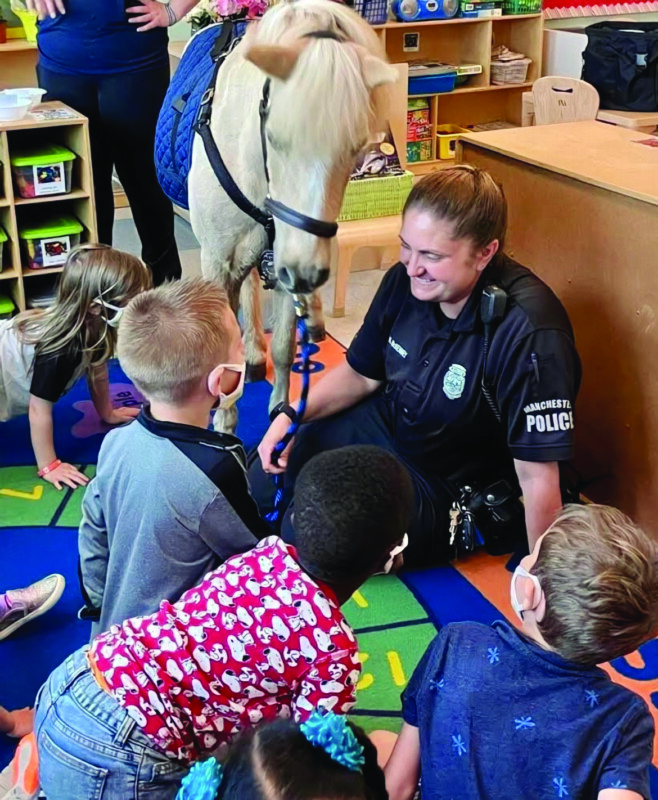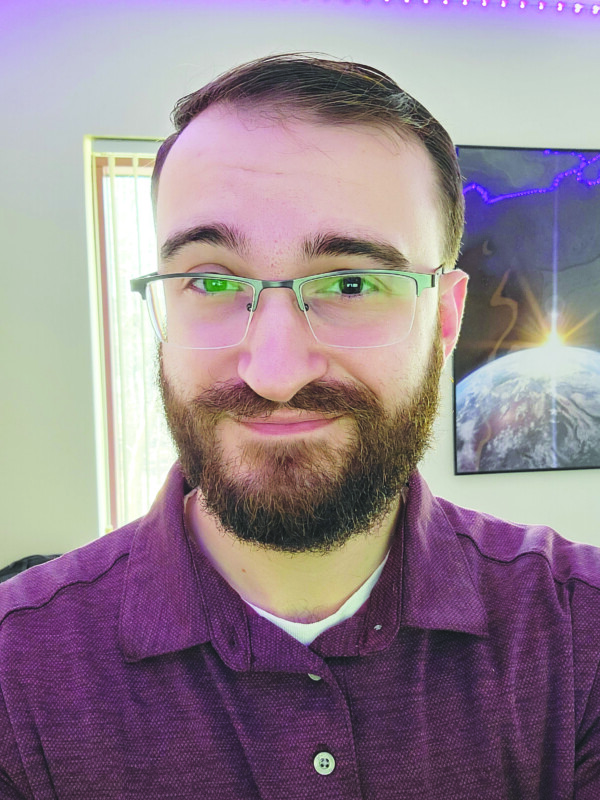Licensed independent clinical social worker
Lynne Duval is a licensed independent clinical social worker who provides psychotherapy services through her private practice, Granite State Child & Family Counseling in Milford.
Explain your job and what it entails.
I am a psychotherapist providing mental health therapy services via telehealth to people age 9 and above. I work a lot with individuals and couples providing Emotionally Focused Therapy. … I access many modalities. … You are an active member of your treatment … and the length of treatment depends on the presenting issues and your process. … My job is to support you, determine your stressors and ways of coping and help you develop more appropriate ways to manage. I look at your relationships, both past and present, and how connected you are to key people in your life. We identify patterns for how you interact with others and determine more effective ways to connect. We look at coping strategies to manage anxiety, depression, ADHD and other difficulties. I help you determine any distortions you may have and reframe them so you can see the world in a more productive way.
How long have you had this job?
I have been in the field for 31 years and in private practice for 19 years.
What led you to this career field and your current job?
I worked in corporate America right after high school for five years and through that process realized what I really enjoyed was helping people and learning about how and why people behave the way they do. I was fascinated with what made people tick and how to help people feel better about themselves and their relationships.
What kind of education or training did you need?
I have an associate’s in human services, bachelor’s in psychology with a minor in social work, and a master’s in social work. I went to Castle College for my associate’s, Rivier University for my bachelor’s and Boston University for my master’s.
What is your typical at-work uniform or attire?
Business casual is what I typically wear.
What is the most challenging thing about your work, and how do you deal with it?
Right now one of the biggest challenges is not having enough space for everyone in need, and not having enough resources for clients to access within the community. I do offer a wait list for those who want to wait for my services, though that could take more than a year.
What do you wish you’d known at the beginning of your career?
I really can’t think of anything. I worked very hard to learn all I could about different trainings in mental health and settled on social work because it was the most marketable option.
What do you wish other people knew about your job?
There is great satisfaction in helping others. It is a great career with so many opportunities to work in various locations. I chose private practice because it gives me the autonomy to work within my scope of practice and according to my ethics without having to follow business models that contradict those goals.
What was the first job you ever had?
The first job I had was working at a restaurant in Nashua that my neighbor owned as a bus-girl.
What’s the best piece of work-related advice you’ve ever received?
Take care of yourself, too. In the helping professions, it can become easy to immerse yourself in taking care of others and neglecting your own needs. I learned early on that I had to take care of myself first in order to be available for others.
Five favorites
Favorite book: I read mostly educational books.
Favorite movie: Grease
Favorite music: Country
Favorite food: Anything delicious
Favorite thing about NH: The landscapes. It is a beautiful state, and I love the ocean and the mountains equally. I love the trees and green grass. I love the flowers.
Featured photo: Lynne Duval. Courtesy photo.




